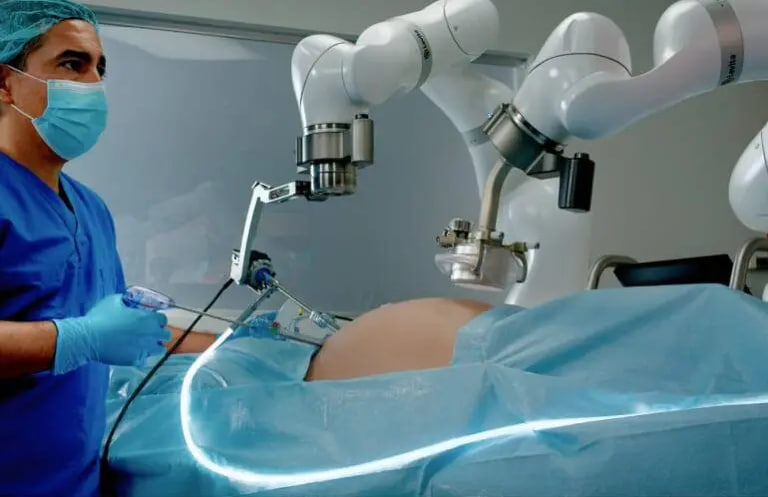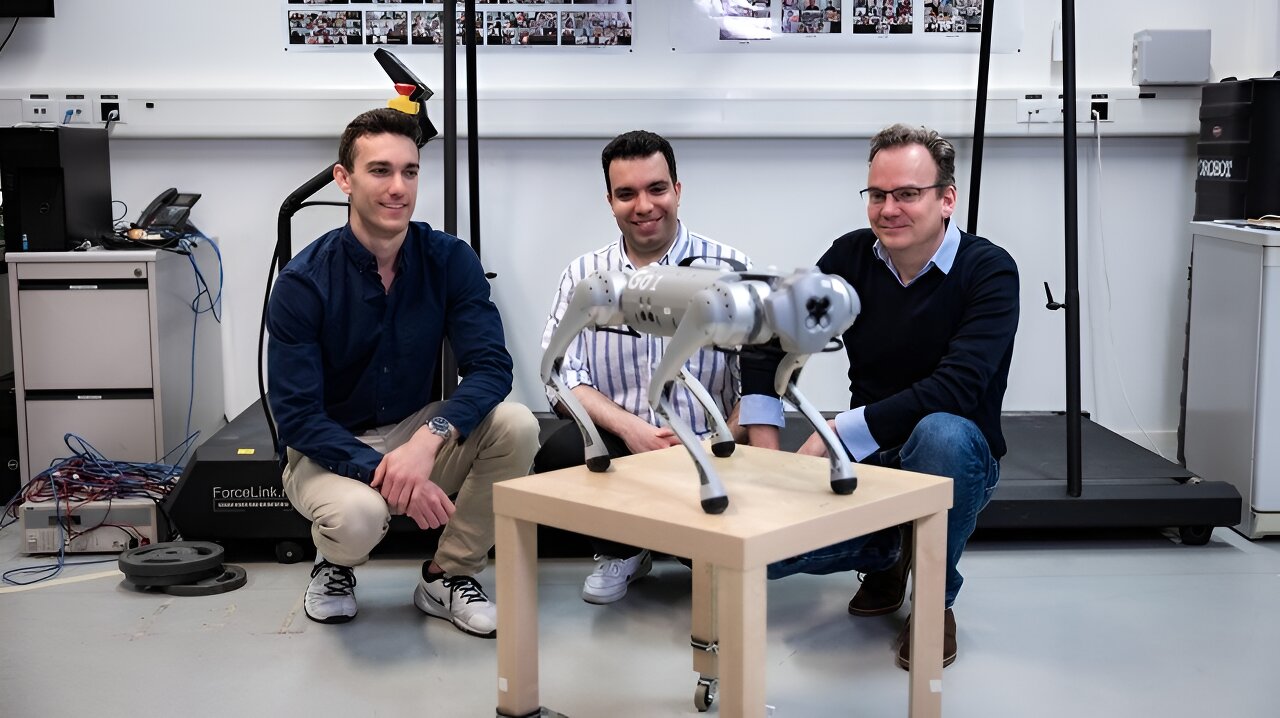California medtech startup Levita Magnetics has achieved the first commercial use of its trailblazing MARS system for magnetically assisted robotic surgery. Cleveland Clinic doctors Matthew Kroh and Andrew Strong performed initial procedures using the platform last month.
The surgeons controlled the compact MARS robot's instruments via magnetic fields that penetrate the patient's body. This enables minimally invasive laparoscopic techniques relying on only a few tiny incisions rather than open surgery's larger cuts.
"MARS represents an important step towards less invasive surgery for many institutions and patients," said Dr. Kroh, praising the system's ease of use. "It could help reshape abdominal procedures."
The landmark surgeries came just weeks after MARS earned FDA clearance. The system melds robotics and magnetics to grant surgeons unmatched control and dexterity for laparoscopic procedures within the abdomen.
Levita originally developed the breakthrough tech for its Magnetic Surgical System. MARS builds on this with advanced ergonomics and flexibility, including robot-assisted instrument arms.
Rather than an operating room fixture, the self-contained unit simply wheels up to the patient when needed. Internally, proprietary magnetic drive technology manipulates instruments inserted into the body cavities.
This grants surgeons complete control without requiring large incisions for direct access and visibility. Patients benefit with less pain, quicker recovery, and minimal scarring compared to open surgery.
"We're at the leading edge of a major shift towards less invasive abdominal procedures worldwide," said Levita CEO Dr. Alberto Rodriguez-Navarro. "This technology can empower surgeons while significantly reducing patient trauma."
The successful deployments prove MARS's melding of robotics and magnetics can overcome barriers to minimally invasive surgery. This pioneering system highlights how smart designs and clinical collaboration drive patient-centric medical progress.
Rodriguez-Navarro predicts Levita's innovations could help transition even complex abdominal operations to outpatient settings. As this field evolves, such bold new platforms may realize a future of surgery that's far less invasive.
“We’re thrilled to have initiated successful commercial procedures utilizing the MARS system so soon after receiving FDA clearance. We are at the leading edge of a significant shift in the approach to high-volume minimally-invasive abdominal surgery in the United States and in the world,†said Dr. Alberto Rodriguez-Navarro, founder and CEO of Levita Magnetics. “We aim to show that this revolutionary technology can empower surgeons with increased control and better visualization while reducing the number of incisions, delivering significant patient benefits. The MARS system can play a major role in the transition of high volume abdominal procedures to an ambulatory or same-day discharge setting.â€


















